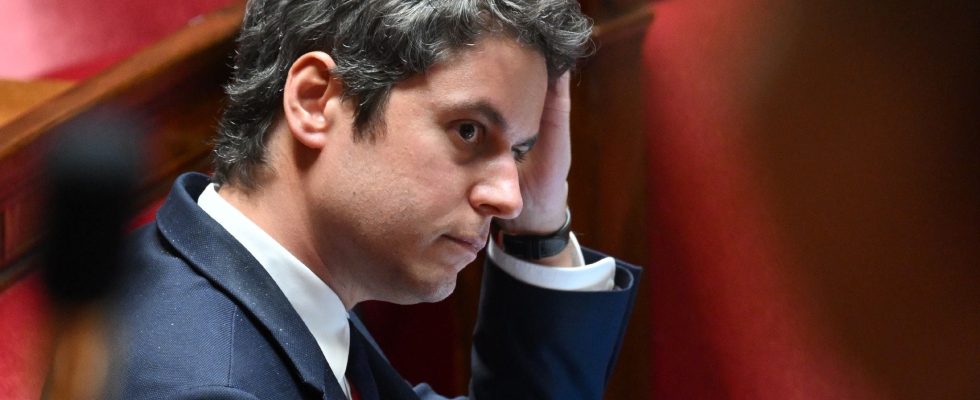The government wants certain medical appointments not honored to be punished in the future with a financial penalty of 5 euros payable by the offending patient, declared Prime Minister Gabriel Attal, Saturday April 6, in an interview with several regional press titles.
The head of government had already announced during his general policy declaration his desire to implement this sanction known as the “rabbit tax”. This is part of a battery of measures announced on Saturday to try to respond to the crisis in the city healthcare system with the desire to recover 15 to 20 million medical slots.
According to Matignon, this is about “responding to the major concerns of the French: access to doctors, the ability to find an appointment within acceptable time frames”. Regarding medical appointments not kept, “we can no longer afford it”, declared the Prime Minister, who wants the implementation of an “accountability mechanism” via a legal text. According to the Order of Physicians and certain unions such as the UFML, the cost of these “rabbits” is estimated at 27 million lost consultations each year.
16,000 medical students in 2027
The government wants that from January 1, 2025, on online appointment platforms such as Doctolib, a financial penalty of five euros will be imposed on the patient who does not show up and who does not notify less than 24 hours before. This financial penalty will be at the hand but also for the benefit of the doctor who will have the mission to report it.
Other measures, some already known, were revealed by Gabriel Attal during his interview with the regional daily press. The head of government will continue to push the walls of medical faculties: the number of places in the second year of medicine will increase from 10,000 in 2023 to 12,000 in 2025, then 16,000 in 2027.
But the replacement of the old “numerus clausus” (very limited places) by this “numerus appertus” will only begin to produce its effects from 2035, the time to train these professionals. Gabriel Attal also intends to experiment in certain departments, from January 2025, with direct access to specialists without going through a general practitioner, contrary to the current rule.
